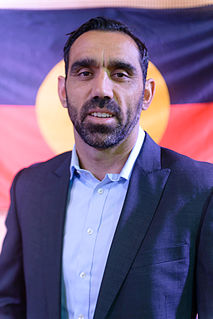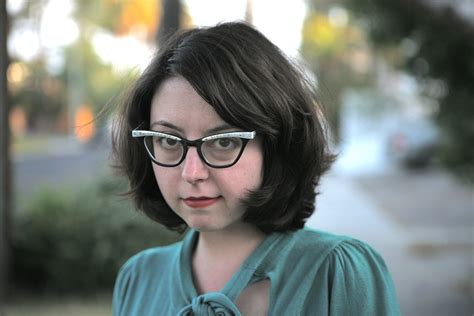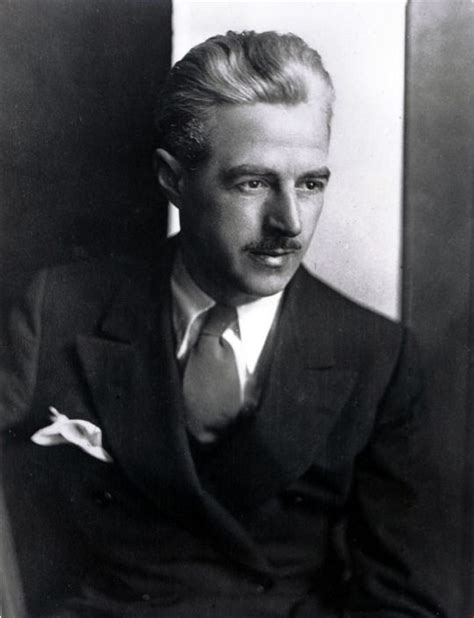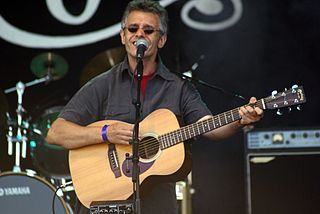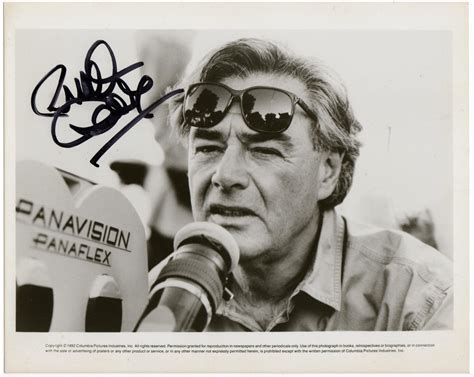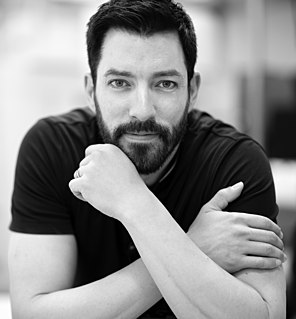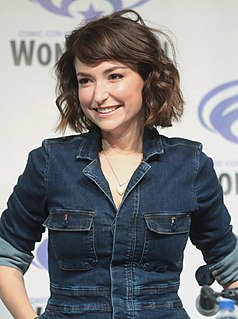A Quote by Adam Goodes
Growing up, I knew I was different. But I didn't know what it meant to be Aboriginal. I just knew that I had a really big, extended family. I was taught nothing about who we were or where we came from.
Related Quotes
I have a degree in cinema studies and the big paper I wrote at the end of that was about Judy Garland and Liza Minnelli. So I thought that I knew quite a bit about Judy Garland, but I read in passing that the Stonewall riots were a reaction to her death and I had never really read enough to know what that meant or how that could be true. I was interested in that I knew so much about Judy Garland, but I really didn't know this story.
When I was in high school in the early 1970s, we knew we were running out of oil; we knew that easy sources were being capped; we knew that diversifying would be much better; we knew that there were terrible dictators and horrible governments that we were enriching who hated us. We knew all that and we did really nothing.
We grew up as this family of deniers. And people who knew us for years were stunned when "The Great Santini" came out because we had this appearance of being this happy, large, smiling family. We were taught to smile, put the best face forward. And so when the book ended up - Dad swatting us around the room, no one believed me.
I always knew I'd be an actor. I always knew I'd at least be on a big screen somewhere. Everyone else I was watching, they were cool, but I thought that I could bring something fresh and new, even when I was really young. I didn't really know how it was going to pan out, for sure, but I always knew that one day I would be on the big screen. I had no doubts in my mind.
I know absolutely nothing about where I'm going. I'm fine with that. I'm happy about it. Before, I had nothing. I had no life, no friends, and no family really, and I didn't really care. I had nothing, and nothing to lose, and then I knew loss. What I cared about was gone; it was all lost. Now I have everything to gain; everything is a clean slate. It's all blank pages waiting to be written on. It's all about going forward. It's all about uncertainty and possibilities.
When I received the invitation to "check out" Fairport I knew absolutely nothing about them, all I knew was that they were beginning to establish themselves as an underground favorite, by playing regularly at the UFO club in Covent Garden. But the crowd I was running with at the time were listening to a completely different genre of music. So I had nothing to go on, there was nothing on vinyl, Fairport's recording days were still ahead of them.
Growing up on a farm, I saw that if I didn't go to the military or go to school, and I knew my mom and my family wasn't going to be able to send me to school out of their pocket, so it basically came down to athletics. I knew I didn't want to work on a farm. I knew I didn't want to do manual labor the rest of my life.
I knew Bill Cunninghamn personally, in the way that most people know him - you don't really know that much about him. So I had never been in his apartment, as most people hadn't. I really had no idea how he lived. I knew he lived in Carnegie Hall, but that was it, and I didn't really understand. I knew that he worked hard, I just didn't realize that that was what he does, that's basically all he does
